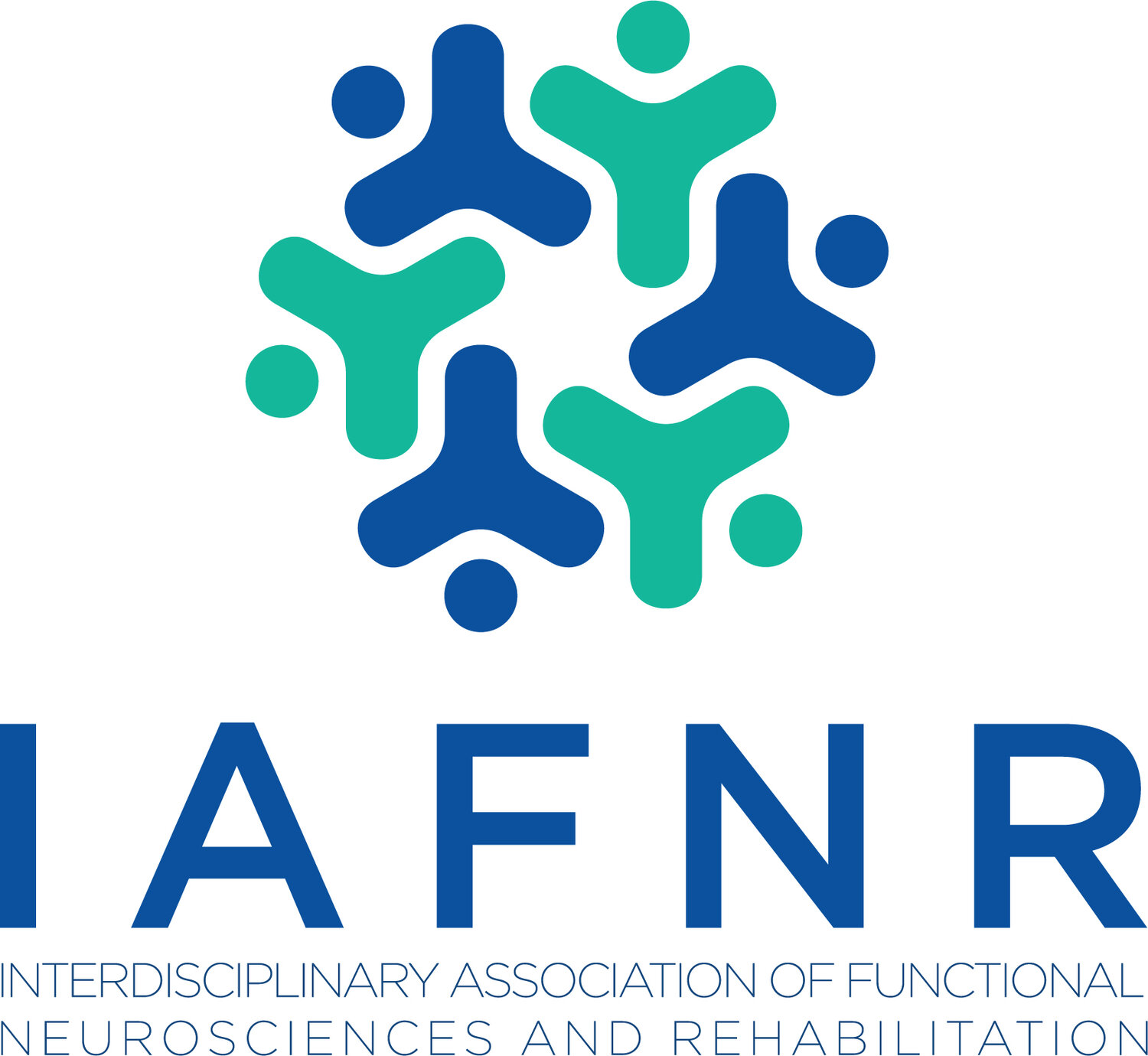Brain Changes in Athletes in Contact Sports
Even without concussions, these athletes in contact sports have been shown to have brain connectivity changes.
Female college rugby players may have subtle brain changes even if they haven’t had a recent concussion, according to a new study published in the June 17, 2020, online issue of Neurology. The study compared rugby players to other female college athletes competing in the non-contact sports of swimming and rowing.
Researchers found differences in the functional organization of the brain too. When compared to swimmers and rowers, rugby players had changes in connectivity–how the brain communicates–between the areas of the brain that control memory retrieval and visual processing.
The study involved 101 female college athletes, including 70 who played rugby and 31 who participated in either rowing or swimming. A subset of rugby players were followed for at least two years. Swimmers and rowers were followed for one year.
All athletes were concussion-free six months prior to the start of the study and during the study as well, however some rugby players had a concussion history before the six-month period while non-contact athletes had experienced none.
Some of the athletes wore devices to record head impacts, including 37 rugby players and nine rowers. Measurements from the devices found that while rowers did not experience any impacts, 70% of the rugby players experienced an average of three impacts during two practices and one pre-season game.
In rugby players, researchers found changes in the microstructure of the white matter, including in nerve fibers that connect areas of the brain that control basic emotions like fear, pleasure and anger. In some of the rugby players, the changes progressed over time. Researchers did not find changes in the brains of swimmers or rowers.
Researchers also found that for rugby players only, the microstructure of the brain changed between in- and off-seasons, specifically in the brain stem, which controls the flow of messages between the brain and body.
